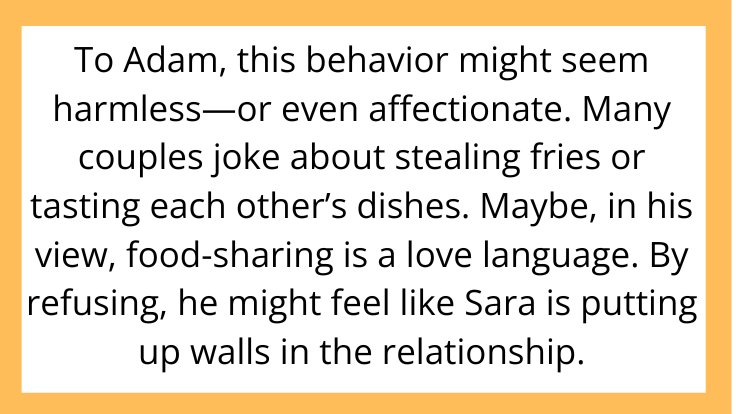AITAH for Not Letting My Boyfriend Eat Off My Plate at Restaurants?
When you’re in a relationship, sharing is part of the deal—meals, secrets, and sometimes even Netflix passwords. But what happens when one person takes that sharing a bit too far? In this AITAH-inspired story, a woman sets a seemingly small boundary at dinner, only to spark a much bigger conflict about respect, autonomy, and expectations in a relationship.
Let’s dive into the drama.
The Scenario: “Just One Bite” Turns Into a Full Meal
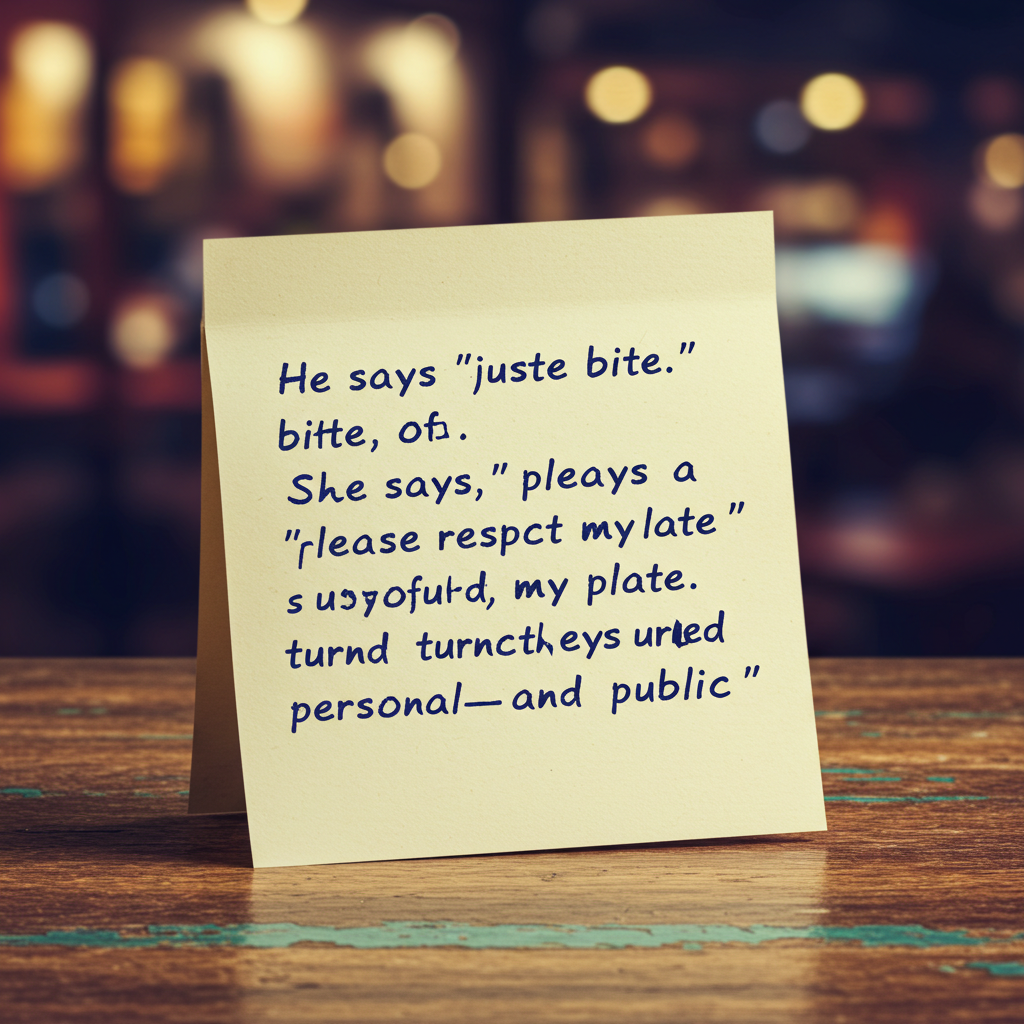
A 26-year-old woman—let’s call her Sara—shared her story on the r/AITAH subreddit, frustrated and confused. Her boyfriend, Adam, has a habit of always wanting to eat off her plate when they go out to eat. Not just a bite here and there—he’ll wait until she orders, claim he’s “not that hungry,” then reach over and help himself to her food.
It started out as playful. But over time, Sara began to feel uncomfortable. She enjoys having her own plate and often chooses her meal specifically because it’s what she wants. She expressed her feelings to Adam several times, but he brushed it off, calling her “selfish” and “overly controlling.”
“I don’t mind sharing snacks or trying bites occasionally,” Sara explained in her post. “But when I say no, I expect that to be respected.”
The breaking point came at a recent dinner. Sara ordered her favorite pasta dish, and when Adam reached over with his fork, she gently blocked him. He rolled his eyes, then sulked through the entire meal. When they got home, he accused her of embarrassing him and making a big deal over nothing.
That’s when Sara took to Reddit: AITAH for not letting my boyfriend eat off my plate at restaurants?
The Arguments: Love Language or Lack of Respect?
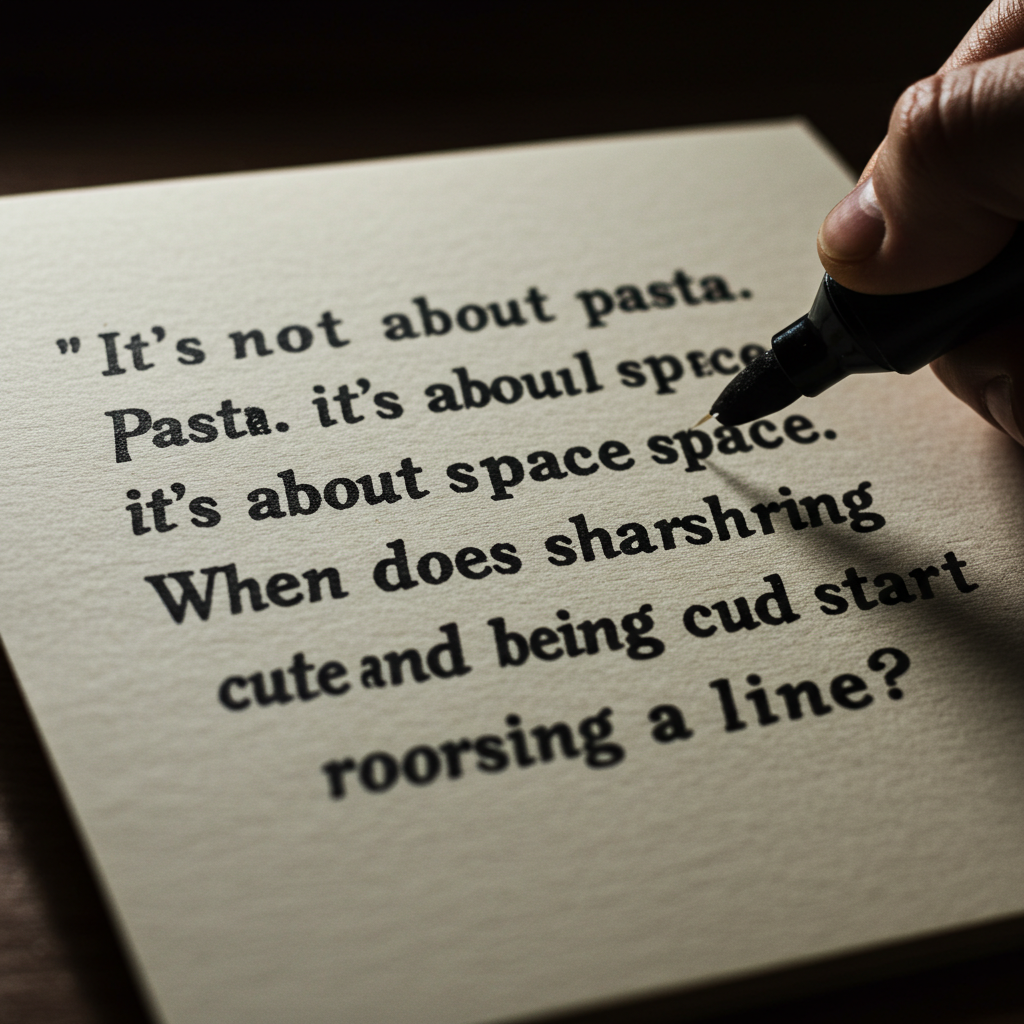
Sara’s Side: Boundaries, Not Stinginess
Sara is clear: this isn’t about being stingy or unromantic. It’s about autonomy. Her issue isn’t the food—it’s the disregard for her boundaries. She voiced discomfort multiple times, and Adam continued the behavior, minimizing her feelings and turning a small issue into a recurring point of conflict.
Many commenters related to Sara’s perspective.
“This isn’t about food—it’s about respect,” one Redditor wrote. “When someone says no and their partner ignores them, that’s the real issue.”
Another added, “He’s not ‘just taking a bite’—he’s making it clear that your ‘no’ doesn’t matter to him.”
Adam’s Side: Sharing Is Caring
To Adam, this behavior might seem harmless—or even affectionate. Many couples joke about stealing fries or tasting each other’s dishes. Maybe, in his view, food-sharing is a love language. By refusing, he might feel like Sara is putting up walls in the relationship.
Still, intent doesn’t erase impact. And Sara’s repeated requests to stop should have been enough.
Some Redditors played devil’s advocate: “Maybe this is how he grew up—where food sharing was common and considered bonding.”
But most agreed: when someone expresses a boundary and it’s ignored, the behavior stops being quirky and starts becoming inconsiderate.
Relationship Dynamics: Small Acts, Big Meaning
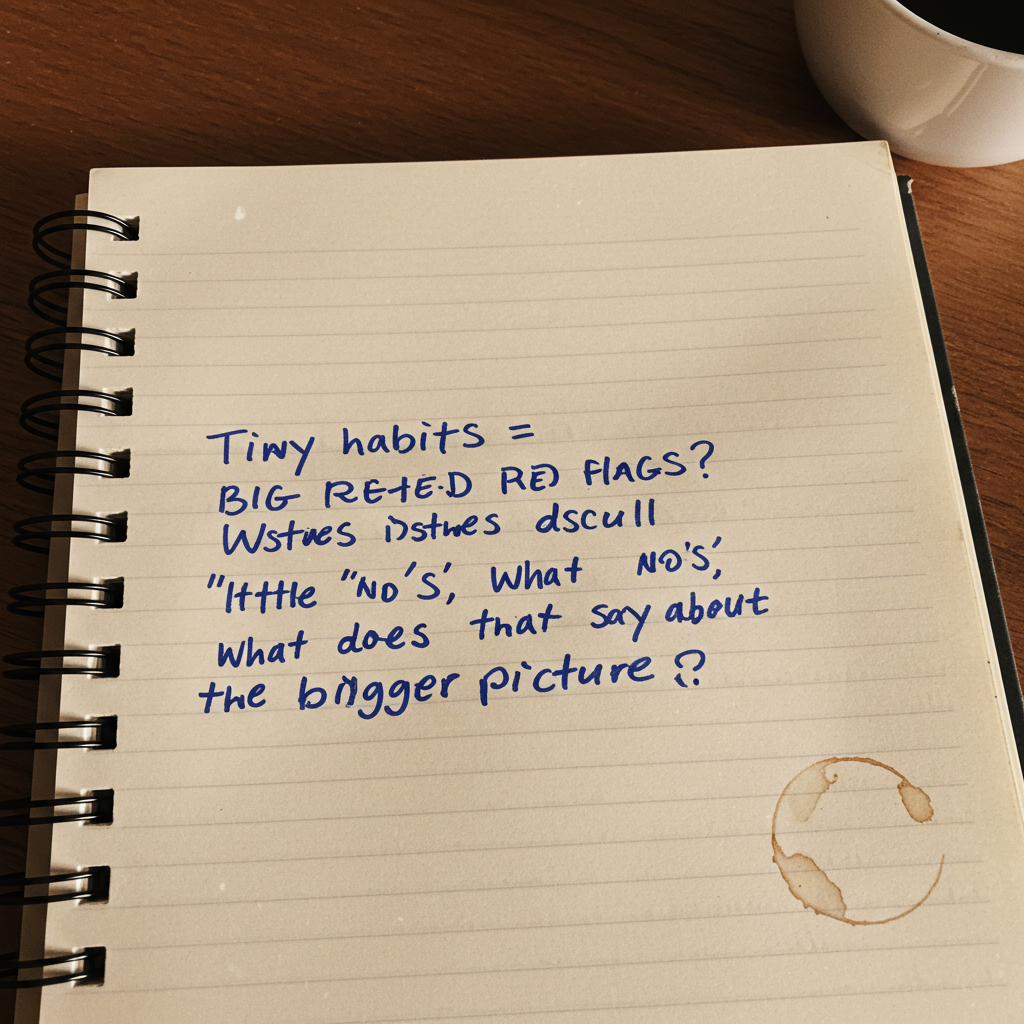
What seems like a minor issue—eating from someone’s plate—can actually reveal deeper dynamics at play. In healthy relationships, both partners respect boundaries, even the small ones. Especially the small ones.
This story raises key questions:
-
Are your preferences and comfort taken seriously?
-
Do you feel heard when you express discomfort?
-
Does your partner make you feel guilty for asserting yourself?
Sara’s story isn’t just about food. It’s about emotional safety in everyday interactions.
Reddit Responds: The Internet Has Spoken

The AITAH community was quick and united in its verdict: Sara is not the villain.
“You said no. That should be the end of the conversation,” wrote one commenter.
Another added, “There’s a difference between being generous and being guilt-tripped into giving up your food.”
Still, some offered practical advice. A few suggested ordering shared appetizers or meals to accommodate both partners’ preferences. Others encouraged Sara to reevaluate whether Adam respects her needs more broadly, beyond just dinner settings.
Navigating Relationship Boundaries
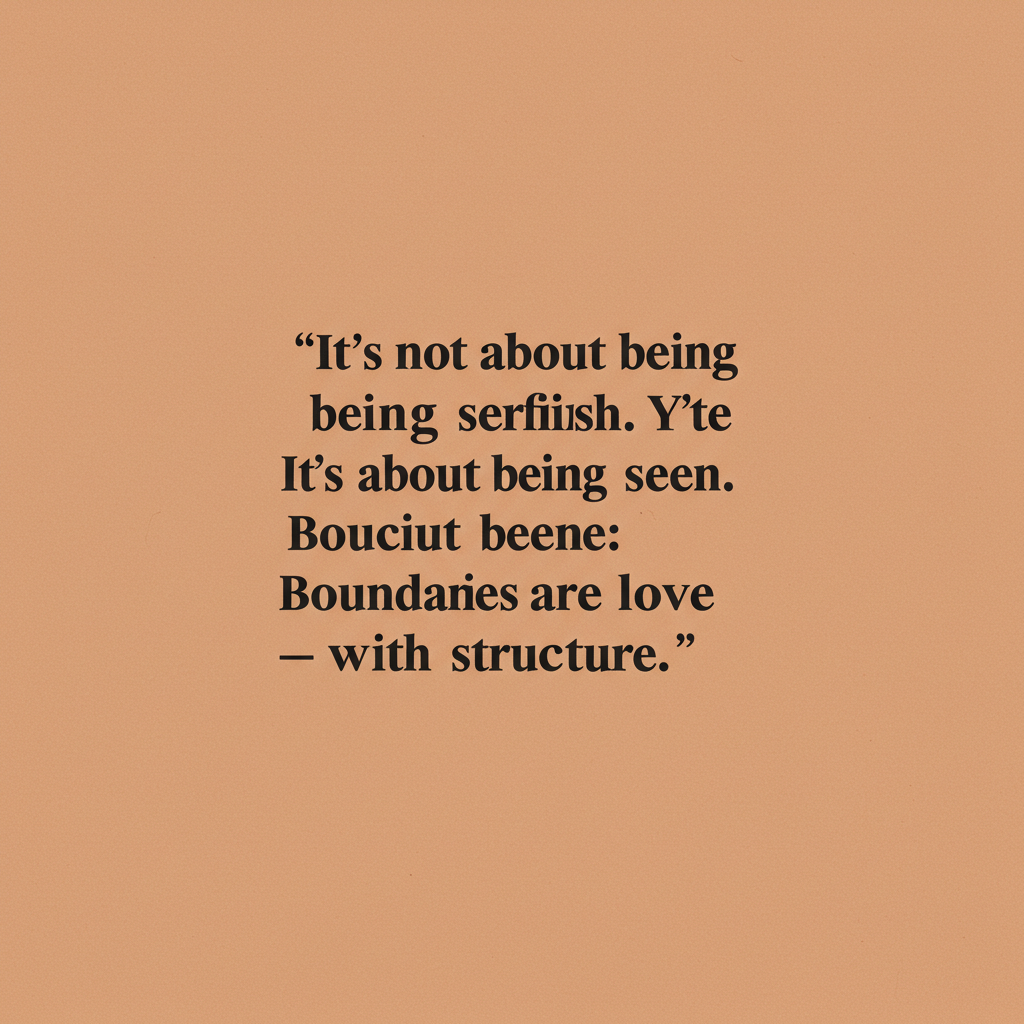
If You’re Like Sara:
-
Be clear and assertive about your boundaries. You don’t need to justify why.
-
Watch for patterns where your boundaries are ignored in other areas.
-
Don’t let guilt override your comfort—your needs matter.
If You’re Like Adam:
-
Understand that playful habits might not feel playful to your partner.
-
Respect when your partner says no, especially repeatedly.
-
Ask yourself: Is the food more important than their comfort?
Final Thoughts: It’s More Than Just a Bite
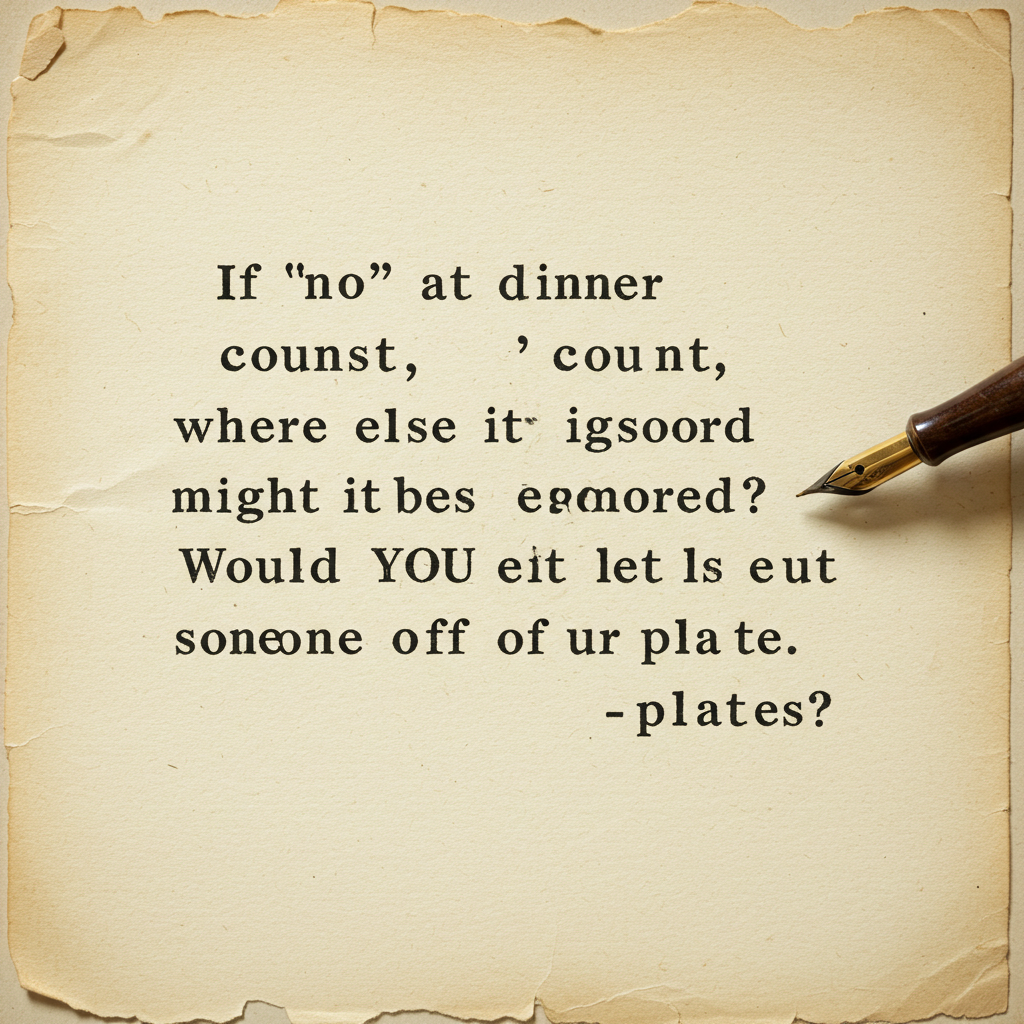
Sara’s story proves that it’s often the small, daily actions in a relationship that reveal the true level of respect and understanding between partners. Sharing is a beautiful thing—but only when it’s mutual and consensual.
So, AITAH for not letting your partner eat off your plate?
Absolutely not. Boundaries at the dinner table often reflect bigger boundaries in the relationship. And those deserve to be honored every single time.
